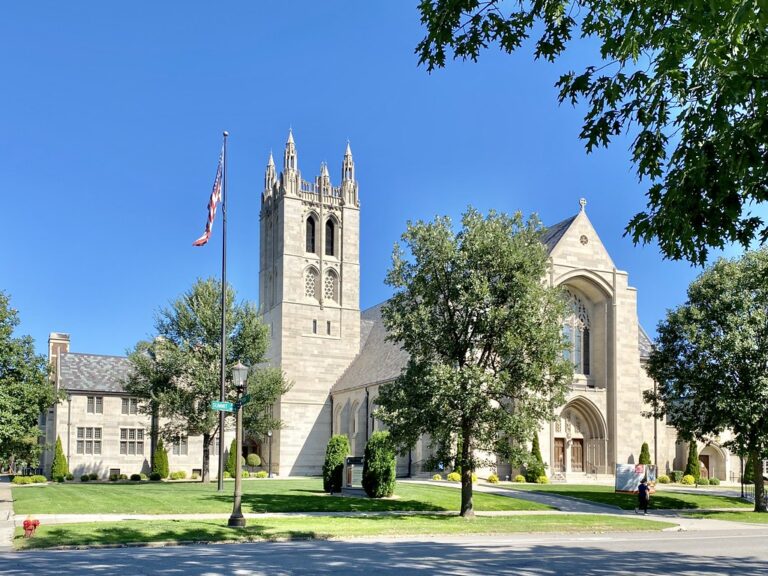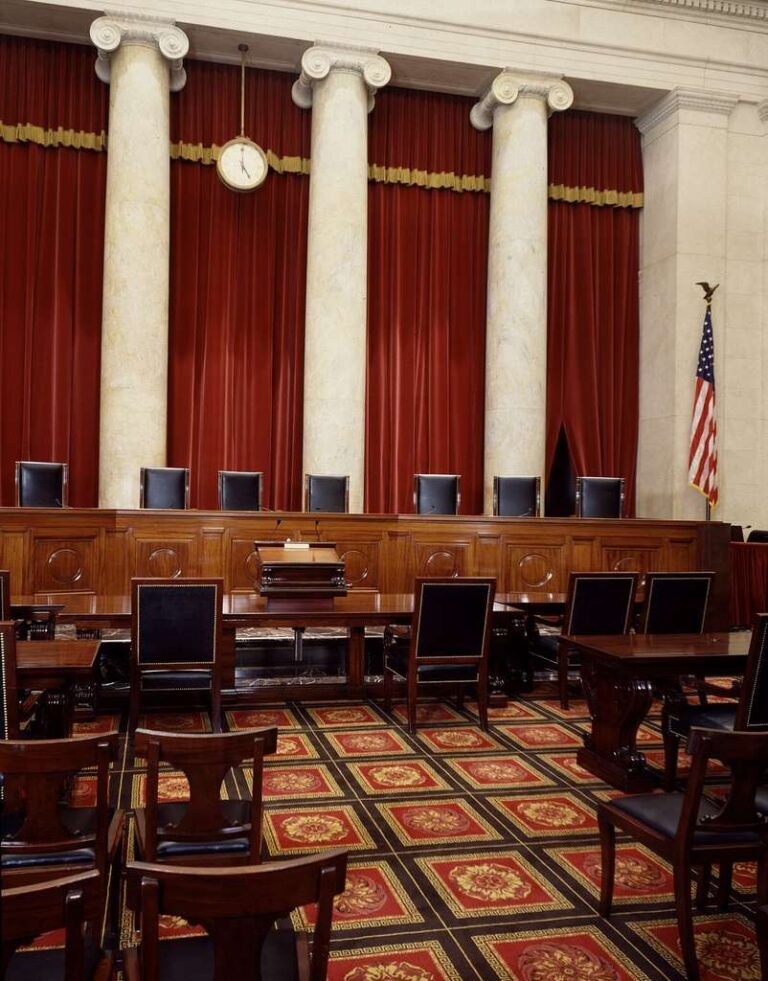Maddy Joseph is a student at Harvard Law School.
The American Center for Law and Justice, a religiously oriented free speech advocacy organization, filed an amicus brief in Janus critiquing Professor Sachs Agency Fees and the First Amendment, 131 Harv. L. Rev. (forthcoming Feb. 2018) (summarized here). Notably, the counsel of record on the brief (who is also ACLJ’s chief counsel) is one of President Trump’s personal lawyers, Jay Sekulow.
The brief first rejects the article’s argument that agency fees should be treated as payments by the employer to the union under existing First Amendment jurisprudence. At the heart of the amicus’s objection is ACLJ’s characterization of the Establishment Clause jurisprudence:
“[Sachs] notes that under this Court’s Establishment Clause cases, private choice–as with parents using a voucher or tax credit to defray costs of the private school of their choice–can ‘break the circuit’ connecting the money to the government, thereby alleviating any Establishment Clause concern about government funding of religion. By contrast, where the government hypothetically dictates to parents where they must spend the voucher or money earning the tax credit, the government might be deemed the body choosing devote funds to religious education, raising the spectre of an unconstitutional establishment of religion. Sachs at 14-16. But this analogy breaks down under examination. The point of the ‘circuit breaking’ concept is not to relabel the money, but to identify the actor who chooses where the money goes. Is the government picking the funding recipient, or is a private party (typically a parent)? If the latter, the destination of the funding stream cannot fairly be attributed to the government; the government is funding education simpliciter, not religious education in particular; what form that education takes depends upon the decisions of independent private parties.”
On the article’s second argument that agency fees should be treated as the property of the union, not the individual employees, ACLJ has this to say:
“The collectivist recharacterization of the ownership of property, moreover, is a theory that would be difficult to cabin. A given salary will be the product of an endless set of factors and agents: local infrastructure, consumer appetites, advertising budgets, the size and skill level of the local population, the cost of outsourcing, etc. ad infinitum. . . . To embrace that theory would unsettle the notion of asset ownership across the board.”
Again, here’s the draft article and the amicus to judge for yourselves.










Daily News & Commentary
Start your day with our roundup of the latest labor developments. See all
November 27
Amazon wins preliminarily injunction against New York’s private sector bargaining law; ALJs resume decisions; and the CFPB intends to make unilateral changes without bargaining.
November 26
In today’s news and commentary, NLRB lawyers urge the 3rd Circuit to follow recent district court cases that declined to enjoin Board proceedings; the percentage of unemployed Americans with a college degree reaches its highest level since tracking began in 1992; and a member of the House proposes a bill that would require secret ballot […]
November 25
In today’s news and commentary, OSHA fines Taylor Foods, Santa Fe raises their living wage, and a date is set for a Senate committee to consider Trump’s NLRB nominee. OSHA has issued an approximately $1.1 million dollar fine to Taylor Farms New Jersey, a subsidiary of Taylor Fresh Foods, after identifying repeated and serious safety […]
November 24
Labor leaders criticize tariffs; White House cancels jobs report; and student organizers launch chaperone program for noncitizens.
November 23
Workers at the Southeastern Pennsylvania Transportation Authority vote to authorize a strike; Washington State legislators consider a bill empowering public employees to bargain over workplace AI implementation; and University of California workers engage in a two-day strike.
November 21
The “Big Three” record labels make a deal with an AI music streaming startup; 30 stores join the now week-old Starbucks Workers United strike; and the Mine Safety and Health Administration draws scrutiny over a recent worker death.